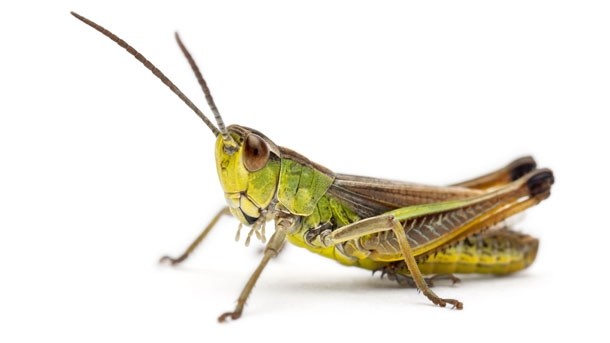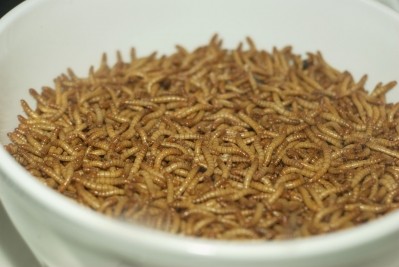Replacing meat with insects can cut farmland by a third

Insects and imitation meat – such as soybean-based foods like tofu – were the most sustainable as they required the least land and energy to produce, the study by the N8 Research Partnership’s AgriFood programme found.
In contrast, it claimed beef was the least sustainable.
More insects or imitation meat
Halving global consumption of animal products by eating more insects or imitation meat would free up 1,680M hectares of land – 70 times the size of the UK, it concluded.
Meanwhile, N8 Research Partnership has developed a new method for restoring many of Brazil’s degraded grassland areas. It found that optimising Brazilian grasslands would aid the global demand for beef – estimated to double by 2050 – and cut greenhouse gas levels.
The N8 Research Partnership is a collaboration of eight universities in the north of England.
Please click here to sign-up for our free monthly Food Ingredients, Health & Nutrition (FIHN) newsletter.















